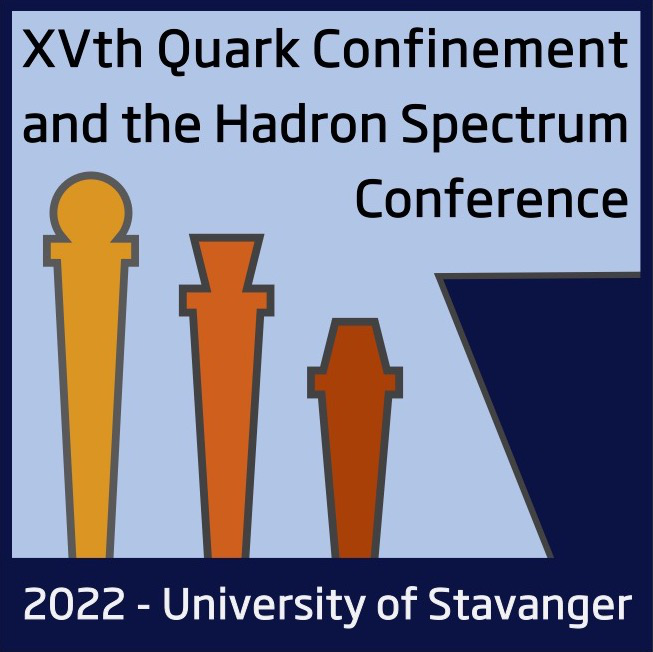Speaker
Description
One of the key challenges of hadron physics today is understanding the origin of strangeness enhancement in high-energy hadronic collisions, i.e. the increase of (multi-)strange hadron yields relative to non-strange hadron yields with increasing charged-particle multiplicity. What remains unclear is the relative contribution to this phenomenon from hard and soft QCD processes and the role of initial-state effects such as effective energy. The latter is the difference between the total centre-of-mass energy and the energy of leading baryons emitted at forward/backward rapidities. The superior tracking and particle-identification capabilities of ALICE make this detector unique in measuring (multi-)strange hadrons via the reconstruction of their weak decays over a wide momentum range. The effective energy is measured using zero-degree hadronic calorimeters~(ZDC).
In this talk, recent results on $\mathrm{K^0_S}$ and $\Xi^\pm$ production in- and out-of-jets in pp collisions at $\sqrt{s}=13$ TeV using the two-particle correlation method are presented. To address the role of initial and final state effects, a double differential measurement of (multi-)strange hadron production as a function of multiplicity and effective energy is also presented.
The present results suggest that out-of-jet processes give the dominant contribution to strange particle production and provide new insights on the role of initial state effects in strangeness enhancement in pp collisions.

